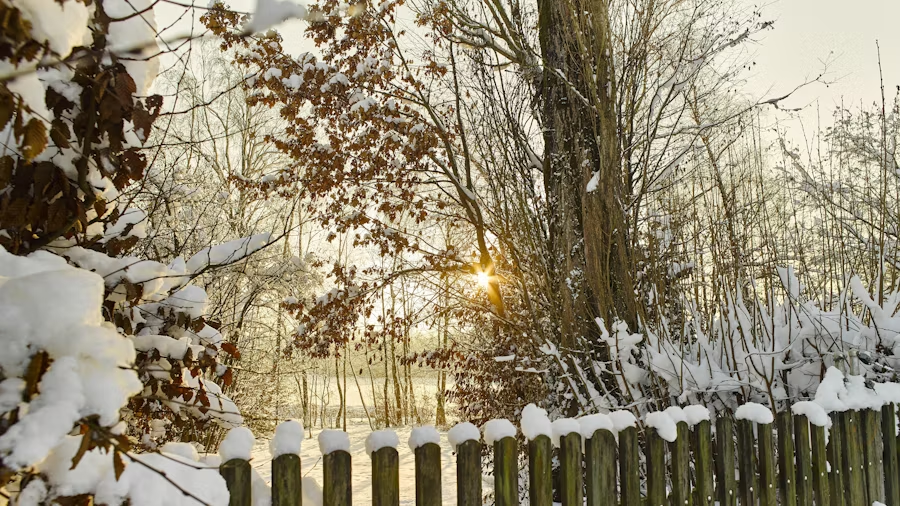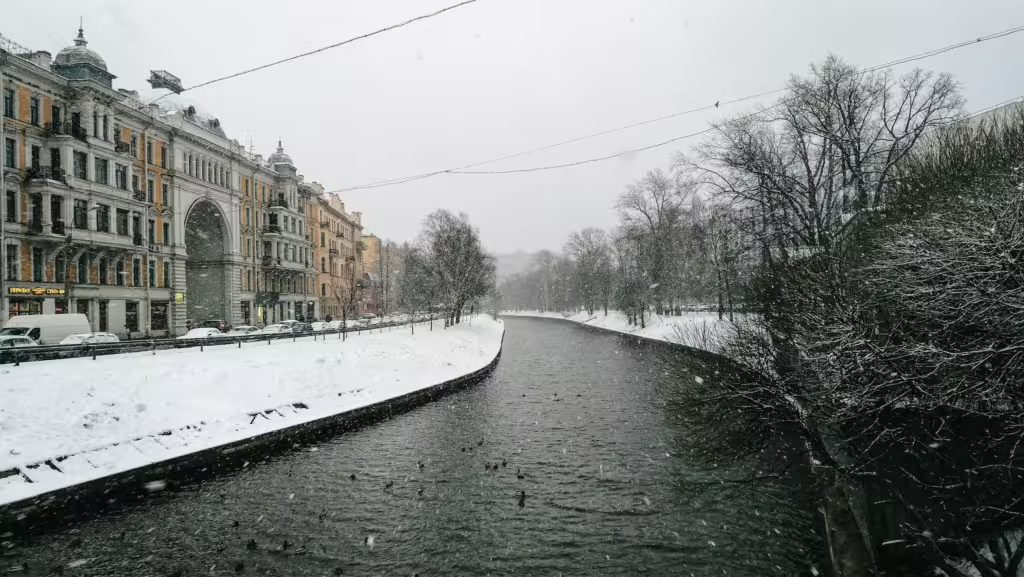The dogma that every effect of global warming is bad obscures an important truth clear from the historical record and common sense: Cold is bad for life generally and especially for humans due to its impact on agriculture. For instance the cold winter and late spring we just experienced are threatening the American potato crop. It doesn’t spell starvation, of course; one reason not to throw out the economy with the greenhouse gas is that prosperity gives resilience in the face of adversity. But a 20 or even 40 percent reduction in the U.S. potato crop would mean fewer fries… and an ominous taste of what life would be like on a colder, browner Earth.
Those who believe the data know that temperature has fluctuated during the “Holocene” since the last retreat of the glaciers, in a series of cycles apparently trending downward. The Holocene Climate Optimum when agriculture was invented seems to have been warmer than the Minoan Warm Period, which in turn was warmer than the Roman which was warmer than the Medieval. Of course if man-made GHGs cause runaway warming it won’t matter. But if they don’t, and the natural warming since around 1800 were to reverse for natural reasons (or any other kind) the impact not just on a tasty fried treat but on, say, Canadian grain production would be catastrophic.
To say so is not to say we should not worry about anything except a return of the ice. Prudence is always a good idea, along with humility. (On which basis please do not even consider “geoengineering” to cool the Earth, an idea whose impracticality is the only defence against its potential for catastrophe.) But it is a good reason to question the thought-blocking dogma that every single impact of warming is bad including only vile or ugly species thriving, and that the Earth was the perfect temperature in every imaginable way back when St. Laurent was Prime Minister.
Warmth brings benefits as well as some possible drawbacks. And cold brings drawbacks as well as some possible benefits. Climate is complicated, as a science and in its effects. And there is much we do not know. But we do know that unseasonable frost kills crops, and that it matters.



Your post brings up some very interesting points, especially the idea that the climate is complicated and so is the science behind it. I believe this very point only proves the need to take climate more seriously though. While we will most likely not "fry" because of climate change, there are many other unknown possibilities of outcomes due to the complicated interconnectedness of climate systems and positive or negative feedback effects. By continuing to pump GHG into the atmosphere, we may experience a more "slow burn" of the Earth's climate, which could be just as detrimental to agriculture and delicate ecosystems as your referenced cold-Earth scenario. Simply saying that the Earth goes through natural periods of change (which it does) is no longer a viable statement when it comes to explaining climate change. Despite the supposed shakiness of some climate change data, it is evident humans are impacting the natural systems of Earth way beyond simply making it more hot or cold.
I like "slow burn" and well done. With some salt and pepper. Thank you.